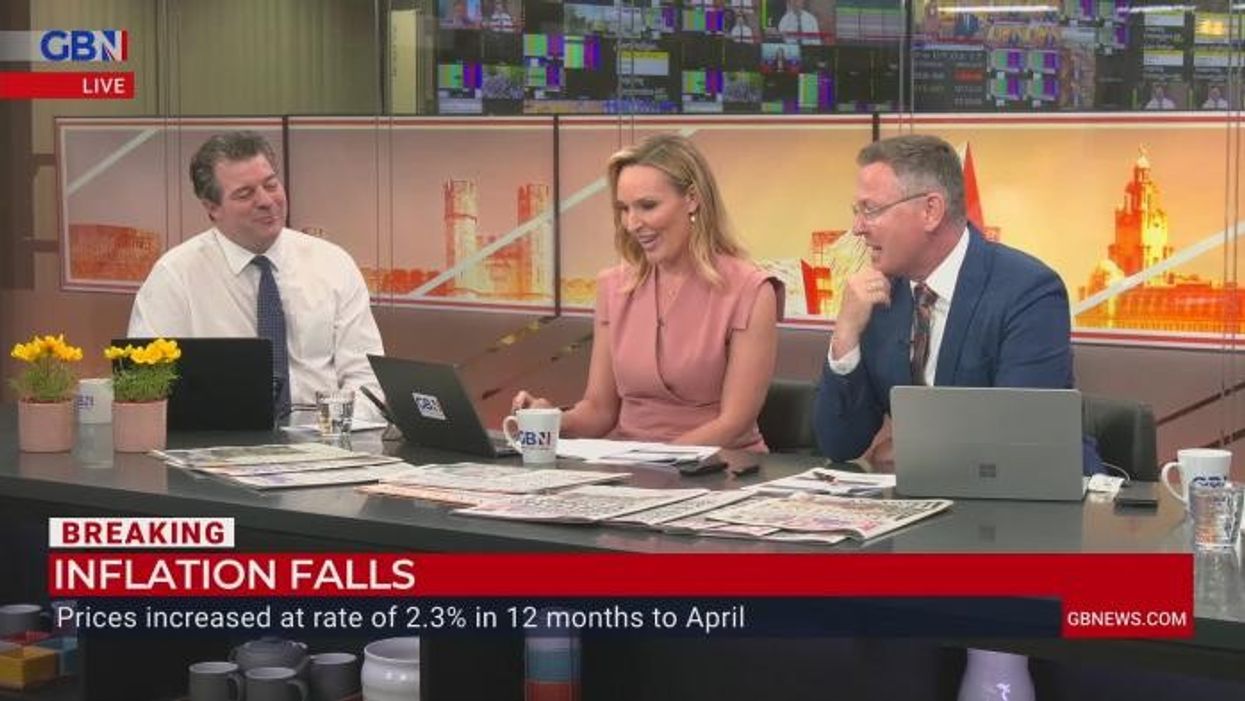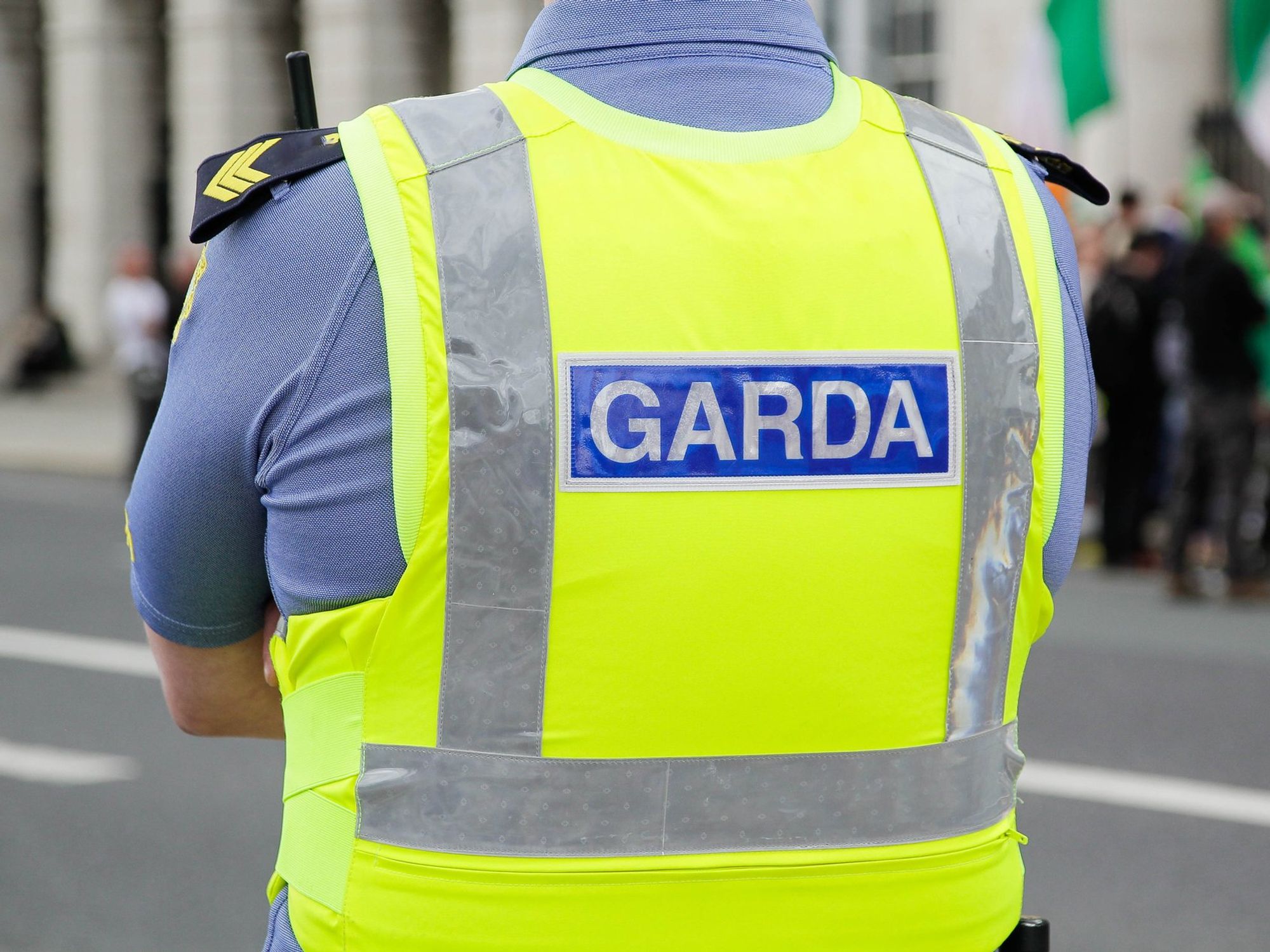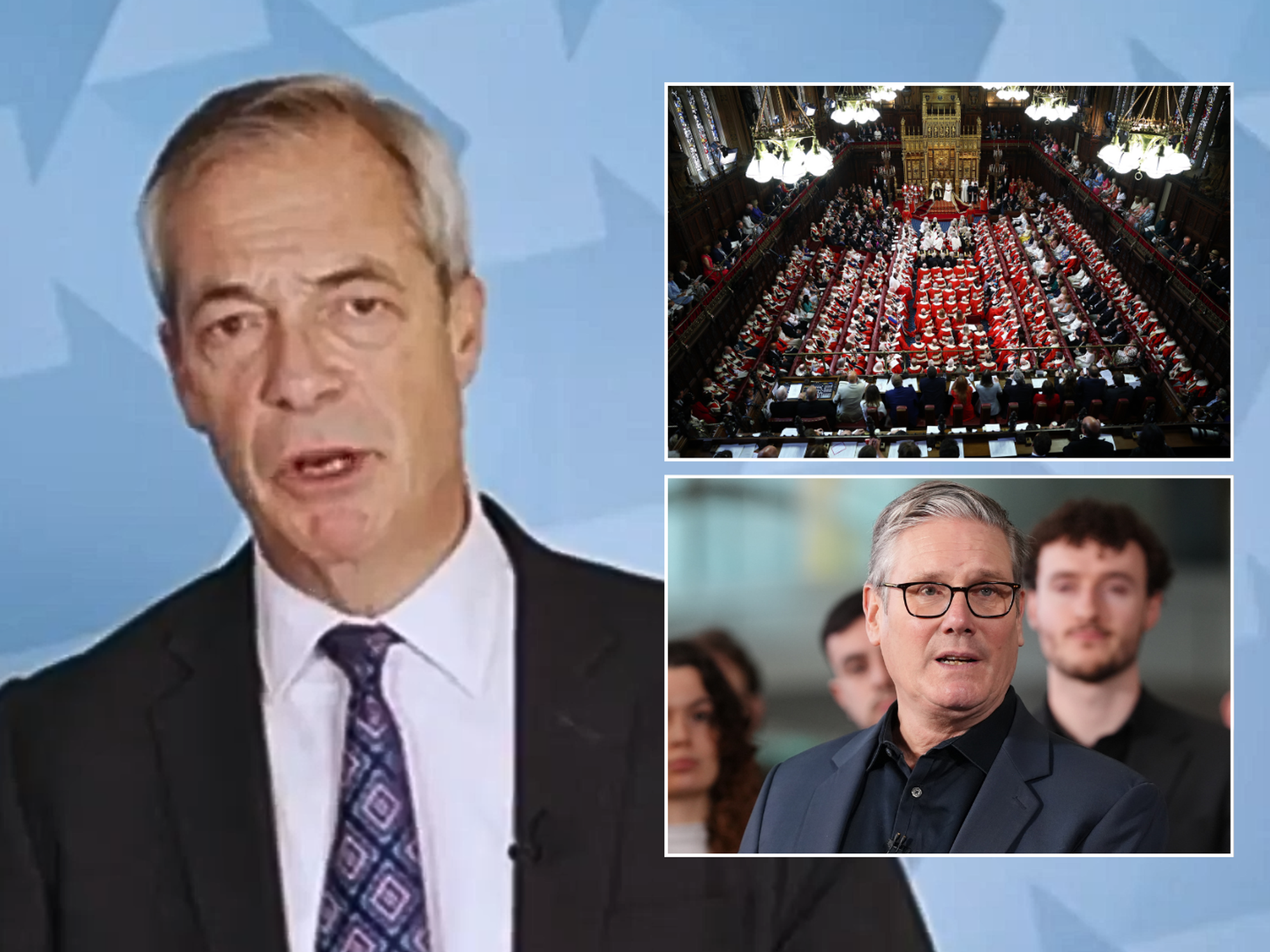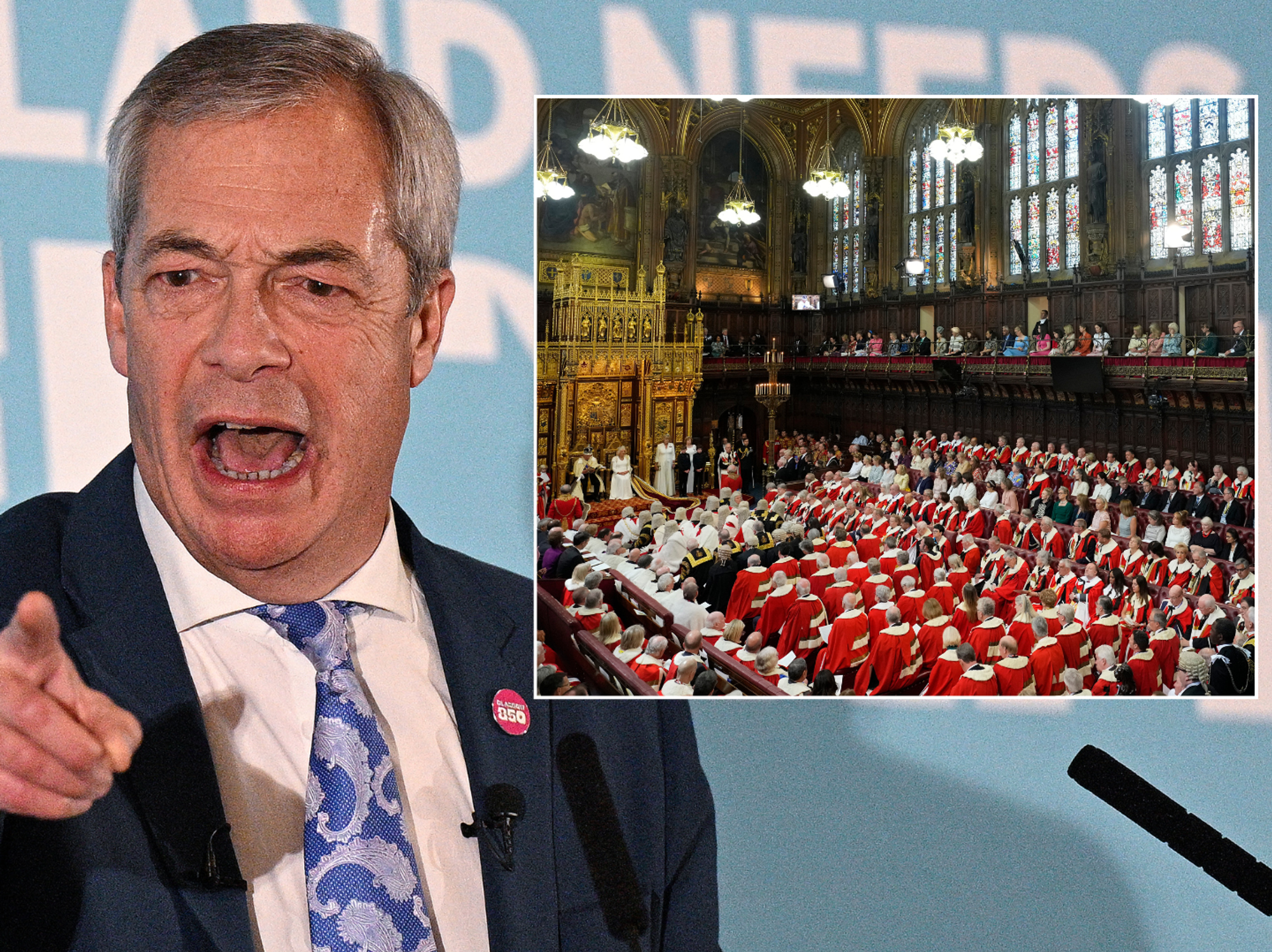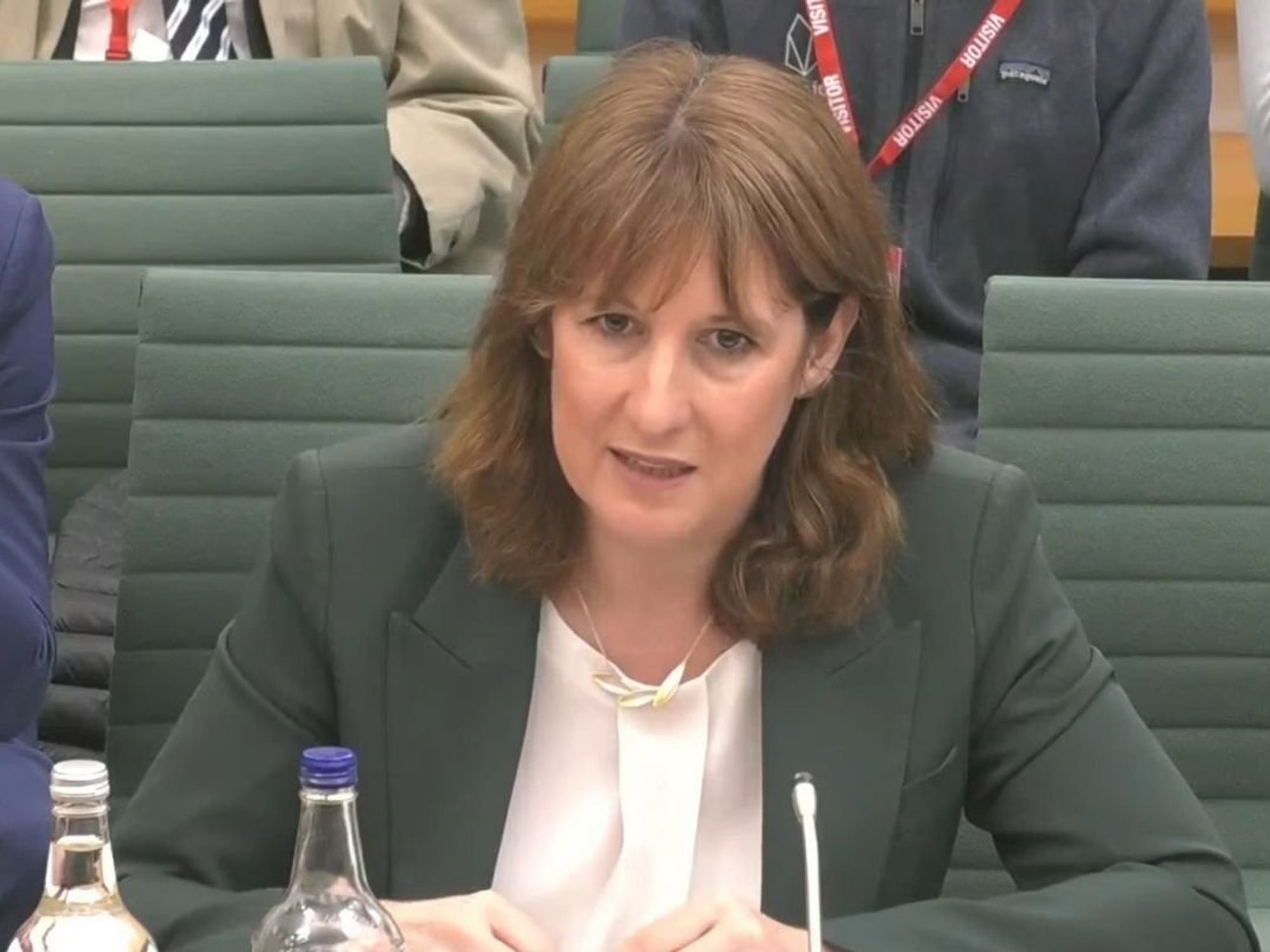Relief as inflation drops close to BoE target for first time since 2021

The inflation cut will put further pressure on the Bank of England to cut interest rates from their 16-year-high of 5.25 per cent.
Don't Miss
Most Read
Latest
The Consumer Prices Index (CPI) rose by 2.3 per cent in the 12 months to April 2024, down from 3.2 per cent in March, figures published today show.
It marks the lowest level since July 2021 when inflation was recorded at two per cent – the Bank of England’s target level.
It has been steadily falling in recent months, easing conditions for households and businesses that faced rapidly rising prices during the cost-of-living crisis.
Although the figure is falling, prices are still rising, it just means not as quickly.
Food and drink price rises also slowed for the 13th month in a row to 2.9 per cent in April, from four per cent in March, and the lowest level since November 2021.
However, services inflation, a critical indicator for Bank of England policymakers, dipped slightly from six per cent in March to 5.9 per cent in April, coming in ahead of the 5.4 per cent rate that some economists had been predicting.
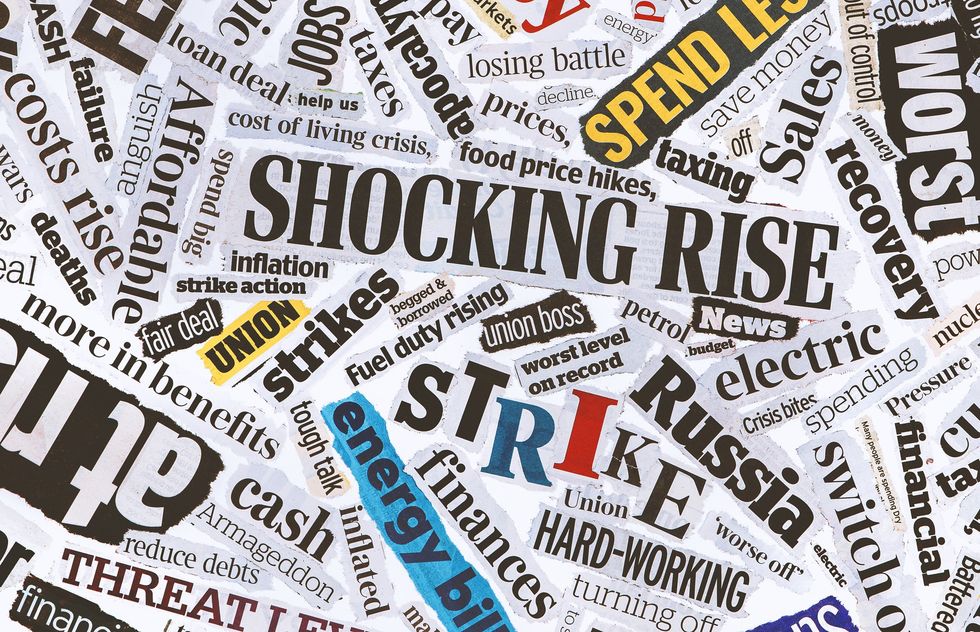
Inflation is a general increase in the prices of goods and services in an economy
|GETTY
This was driven by more volatile aspects of the sector, such as hotels and live music.
City economists had predicted CPI inflation to fall to 2.1 per cent in April.
Experts said April’s data could be "make or break" for the Bank, which has been waiting for firm evidence that CPI has reached its target level before it can cut interest rates.
Liam Halligan, GB News economics and business editor said: "Inflation has come down because we've had fewer increases in utility bills, a lower Ofgem energy price cap, food price inflation has come down and supply chains have managed to reboot themselves.
"CPI is still above the Bank's two per cent target and that's why when the Monetary Policy Committee meets on June 20 to discuss the base rate - I think they will choose to keep rates at their current 16-year high of 5.25 per cent. So no interest rate cut next month in my view."
He continued: "The key phrase there that will be repeated by economists up and down the country is 'the economy is turning a corner' but the real aspect here for all of us in Britain is are we going to feel like the economy is turning a corner, that's the crucial thing.
"I have to say, when I speak to many people who do not feel any of this recovery, they are still struggling and that is the challenge for the Government."
"Inflation is back to normal" and "brighter days are ahead", Rishi Sunak has said in response to the latest figures.
The Prime Minister said: "Today marks a major moment for the economy, with inflation back to normal.
LATEST DEVELOPMENTS:
"This is proof that the plan is working and that the difficult decisions we have taken are paying off.
"Brighter days are ahead, but only if we stick to the plan to improve economic security and opportunity for everyone."
However the latest inflation figures are not the time for ministers to be "taking a victory lap", Rachel Reeves said.
In a statement released in response to the latest figures, the shadow chancellor said: "Inflation has fallen, but now is not the time for Conservative ministers to be popping champagne corks and taking a victory lap.
"After 14 years of Conservative chaos families are worse off. Prices in the shops have soared, mortgage bills have risen and taxes are at a 70-year high.
"Rishi Sunak is now putting family finances at risk again with his £46billion unfunded policy to abolish national insurance that will mean higher borrowing, higher taxes or the end of the state pension as we know it.
"It’s time for change. Labour’s first steps will deliver economic stability so we can grow our economy and keep taxes, inflation and mortgages as low as possible."
Speaking on the figures, Alice Haine, Personal Finance Analyst at Bestinvest by Evelyn Partners said: “Naturally, an interest rate cut sooner rather than later will deliver further cheer to household budgets particularly for those with multiple debts or large mortgages to service, but a slowing inflation rate does not guarantee an imminent interest rate cut.
"Ratesetters analyse a range of data including pay growth, something that has remained stubbornly high in recent months despite easing inflation and a loosening labour market, but the mood music is changing with more hints that a summer rate cut is on the cards."


